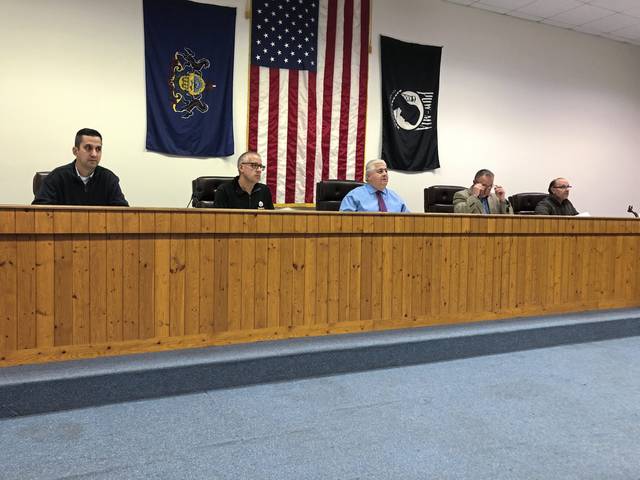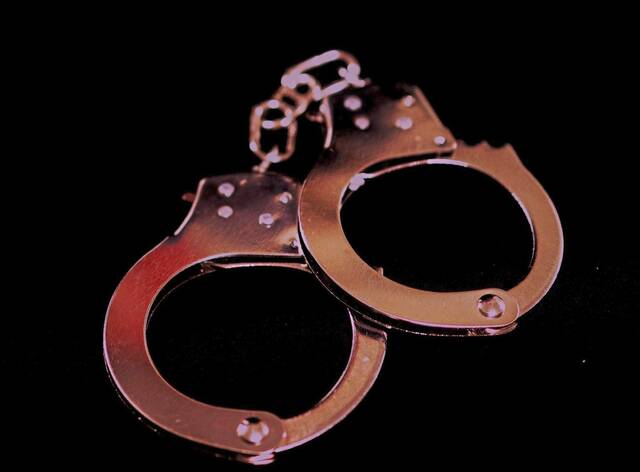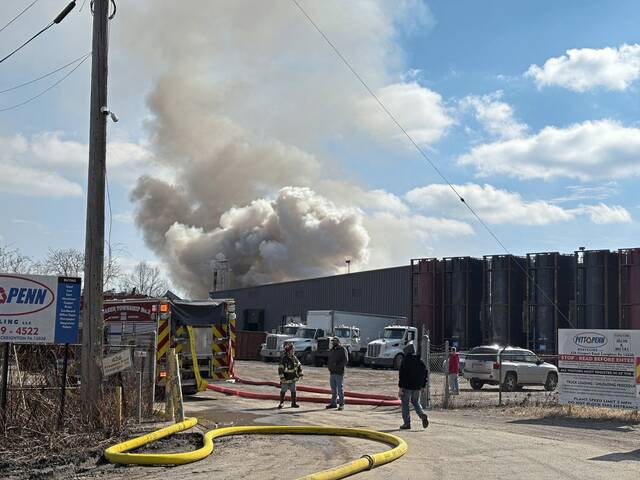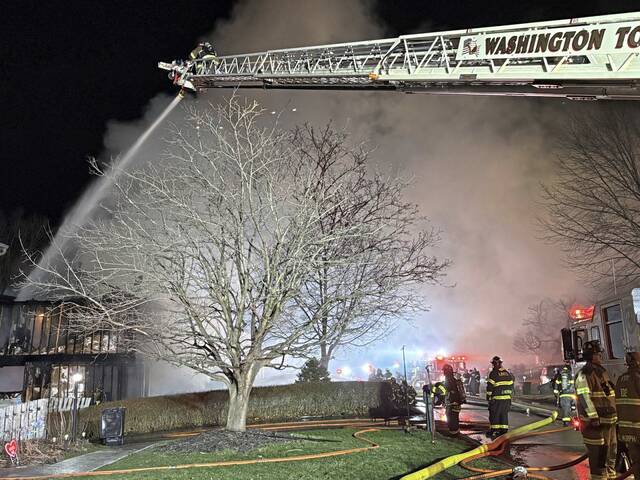A property tax increase is needed for New Kensington to maintain its services, officials said as council unanimously approved the city’s 2020 budget and tax rate Monday.
Police protection is among those services. The city hired five new officers this year, which accounts for much of the 3% increase in spending in the $8.1 million budget, city Controller John Zavadak said.
The 2020 budget is about $237,400 higher than the $7.9 million 2019 budget.
The total property tax rate was increased by about 10%, or 3 mills, from 29.03 mills to 32.03 mills.
All of that increase is in the general fund millage, which was increased from 27 mills to 30 mills. The recreation tax, 1.59 mills, and library tax, 0.44 mills, are unchanged.
At 30 mills, the city’s general fund tax rate is at the limit for a third-class city in Pennsylvania.
The owner of a home with an assessed value of $17,500 would see a roughly $53 increase in their city property tax bill, from about $508 to $561.
Including the 2020 increase, New Kensington has increased property taxes only twice in the last 15 years, said Councilman Todd Mentecki, who oversees accounts and finance.
Mentecki said he did not at first support a tax increase, but changed his position as he realized the city would not be able to maintain its services without one.
In addition to costs associated with the city’s police force, which Mentecki described as young and aggressive, he said the city has five fire stations with aging facilities and equipment and roads in need of repair.
“None of us up here wanted to increase taxes,” he said.
While the city has a focus on combating blight by tearing down abandoned and dilapidated houses and other buildings, officials said that’s not why property taxes were increased.
The city received a $500,000 state grant to use for demolitions, which officials said could pay for tearing down 40 to 50 properties. Zavadak said the city will have to put up about 20% of its own money, or about $100,000, in matching funds.
Residents addressing council before it voted on the budget and tax increase raised concerns about blighted properties in the city, and that the tax increase could lead to more blight if senior citizens are no longer able to afford to maintain their homes and properties.








